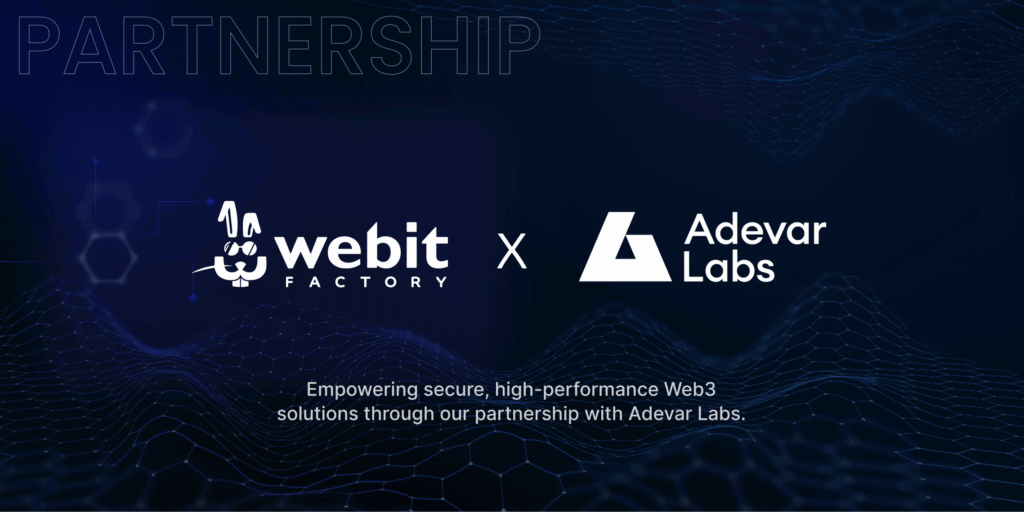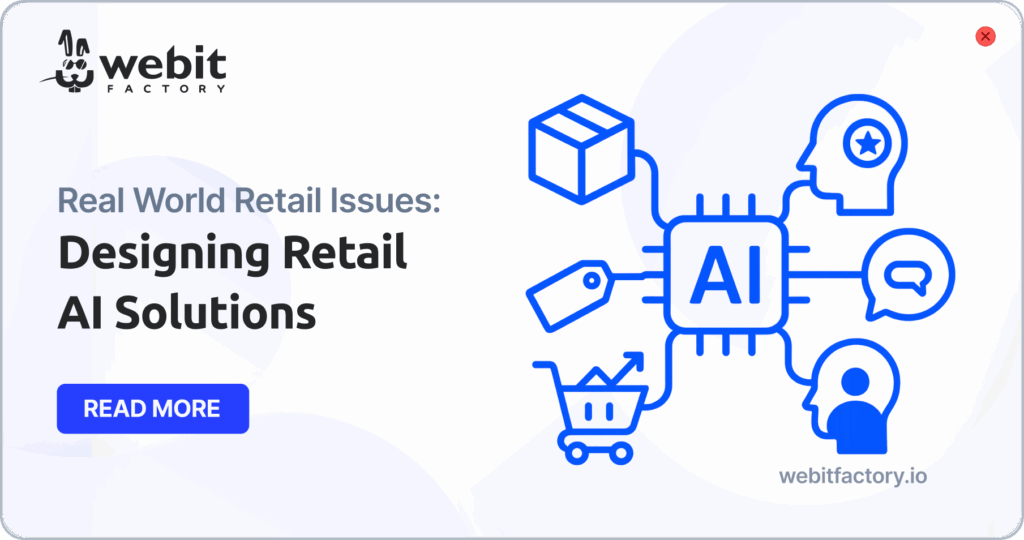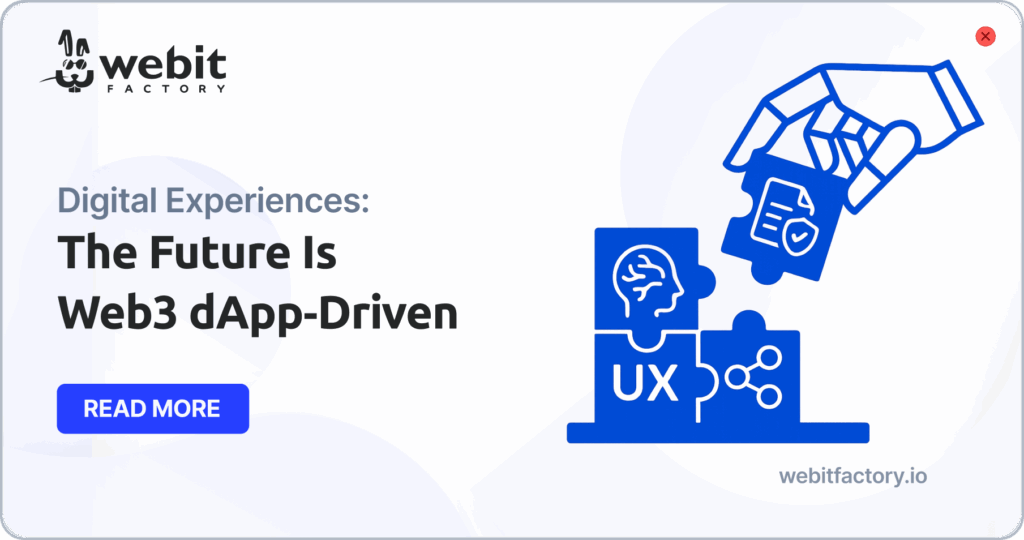Let’s talk about blockchain technology and cryptocurrency. You’ve probably heard a lot about them, but did you know they’re not the same thing? Blockchain is like a digital notebook that keeps track of information across many computers, making it super secure and hard to mess with. It’s a big deal in the business world because it keeps records safe and sound. Cryptocurrency, like Bitcoin, is just one thing you can use it for. But there’s so much more to blockchain – it’s changing the way businesses work around the globe!
Understanding Blockchain Technology and Crypto
To understand the difference between cryptocurrency and blockchain in simpler terms: Public blockchains, like Ethereum, are open networks where anyone can participate. Here, cryptocurrencies are used as a kind of ‘key’ to enable transactions or interactions within the blockchain. Think of them as a tool to access and operate within this open network. Cryptocurrencies are necessary because they help manage and secure these transactions on the public network.
Private blockchains work differently. They are more controlled environments, where access and participation are restricted to specific authorized users. In these setups, the need for cryptocurrencies is not as prevalent because the network is not open to everyone. Private blockchains offer the security and decentralized nature of blockchain technology but within a closed environment, similar to a traditional database but with enhanced security features.

Is It Possible Blockchain Technology without Cryptocurrency?
How Is Blockchain Technology Useful in Business and Governance?
Before we dive into the specific case studies, let’s set the stage. Blockchain technology, known for its association with cryptocurrencies, is a powerful tool with far-reaching applications in various sectors. We’re going to look at two insightful case studies that demonstrate how blockchain technology is being used beyond the realm of cryptocurrency to drive innovation and efficiency in business and e-governance. These examples will showcase practical applications and its impact on modern business models and governance strategies.
Blockchain Technology in Sustainable Business Practices

An interesting study published in “Business Strategy and the Environment” explores the relationship between Blockchain technology and sustainable business models (SBMs), specifically the United Nations Sustainable Development Goals (SDGs). It utilizes a multiple case study approach to examine how Blockchain can facilitate SBMs, focusing on smart energy management, climate change, waste management, and sustainable production. The research highlights Blockchain’s role in supply chain cost reduction, investments, and social scalability.
These clusters demonstrate Blockchain’s versatility in supporting various aspects of sustainability and aligning with Sustainable Development Goals.
Apart from the specific clusters, the study also emphasizes the broader implications of integrating it into sustainable business models. It highlights how Blockchain can facilitate cost reductions, particularly in supply chains, and support investments that align with sustainable and social goals. The study also explores the role of Blockchain in fostering innovation and social engagement. These aspects underscore Blockchain’s potential to not only improve operational efficiencies but also contribute to social and environmental sustainability, aligning with the United Nations Sustainable Development Goals.
Blockchain Technology in E-Governance

The study from Volume 12 of the journal “Advances in Internet of Things” focuses on blockchain’s impact on e-governance and decision-making in project and program management. It highlights how blockchain technology can enhance transparency and efficiency in governance processes. The study also identifies challenges in adopting the technology, such as the need for increased awareness and education among stakeholders.
Findings and Implications of Advances in Internet of Things Study
The study revealed that blockchain technology offers significant advantages in program management, particularly in enhancing decision-making processes, transparency, and efficiency. It showed that the technology could effectively address many of the challenges inherent in traditional project management approaches, such as delays, cost overruns, and transparency issues. However, the research also highlighted several challenges in adopting blockchain technology, including a lack of understanding of the technology, reluctance to change existing systems, and technical and strategic challenges like cybersecurity and data protection. Furthermore, the study underscored the need for increased awareness and education about blockchain technology among stakeholders to facilitate its broader adoption.

Real-world applications in e-governance and program management include:
- Smart Dubai’s blockchain-based efficient payment reconciliation system.
- Emirates NBD’s initiative to combat cheque fraud using blockchain.
These case studies demonstrate blockchain’s effectiveness in various sectors and provide insights into its strategic implementation.
Blockchain technology emerges as a powerful tool for operational efficiency and achieving societal goals. It aids in reducing costs, especially in supply chains, and supports sustainable and socially responsible investments. As businesses align with global sustainability goals, blockchain stands out as a key technology for future-proofing business models.
At WebitFactory, we’re harnessing the power of blockchain to revolutionize business models in the Romanian market. Our case studies and projects showcase how we’re implementing this technology to create innovative, future-proof business solutions. Join us in exploring the boundless possibilities of blockchain for a more sustainable and efficient business world.
Related Articles

Secure Web3 Development with WebitFactory x Adevar Labs
Explore the partnership combining custom Web3 development with deep security expertise, building something safe and scalable.

Retail AI Solutions Designed for Real Retail Issues
Discover how retail AI solutions tackle real retail problems like inventory optimization, personalization, and pricing efficiency.

Web3 dApps Are Redefining Digital Experiences in 2025
Discover how Web3 dApps are transforming digital experiences in 2025, blending AI, mobile‑first UX, and smart contracts for real-world impact.
